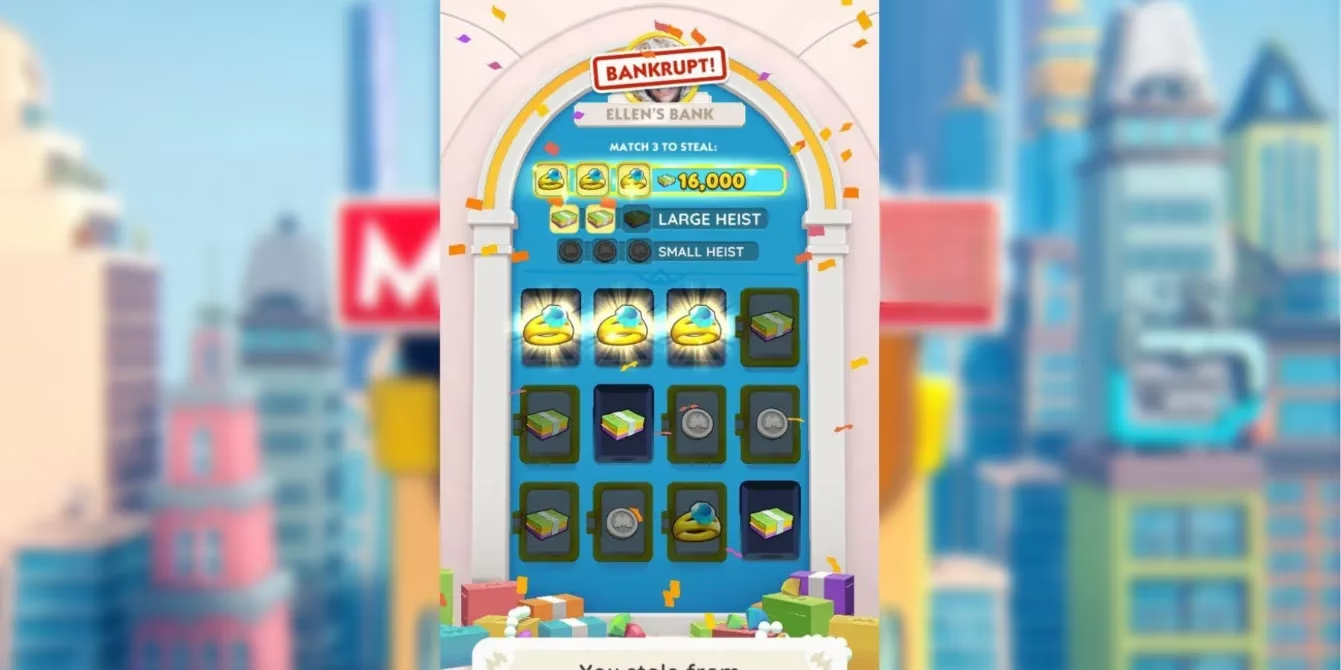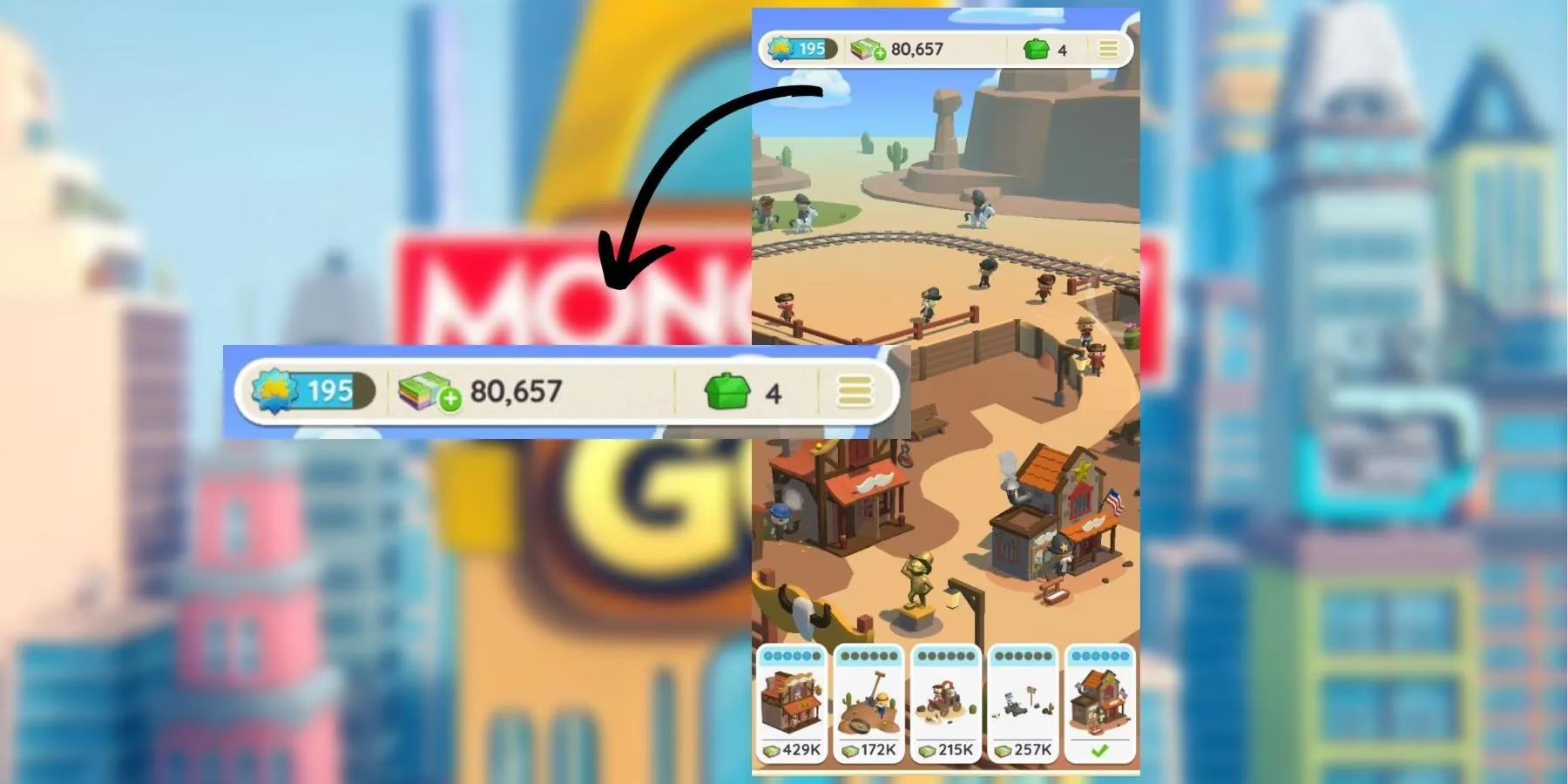Monopoly Go continues to captivate players in 2025 with its addictive blend of city-building and ruthless player competition. The ever-present threat of Bank Heists creates palpable tension – that sinking feeling when you log in to discover another player has raided your vault still makes my palms sweat after countless games. This mini-game transforms peaceful construction into high-stakes psychological warfare, where every decision could mean financial triumph or devastating bankruptcy. Smart players balance aggressive expansion with defensive paranoia, constantly weighing whether to spend resources immediately or risk hoarding them for bigger upgrades. The emotional rollercoaster of losing millions to a Diamond Ring heist remains one of gaming's most visceral experiences.

Decoding the Heist Mechanics
When triggered, Bank Heist transports you to an opponent's virtual vault featuring twelve closed compartments. Behind each door hides one of three symbols:
-
💍 Diamond Ring: The nuclear option – matching three rings empties the victim's entire account
-
💰 Cash Stack: Major score – matching three stacks steals approximately 65% of their funds
-
⚪️ Silver Coin: 'Gentleman's heist' – matching three coins takes under 20% of their money
What really gets my adrenaline pumping is the risk-reward calculation. Do you gamble for bankruptcy-level riches with diamonds, or play it safe with coins? Through trial and heartbreaking error, I've learned that high-level opponents often anticipate diamond hunts, making cash stacks the sweet spot for consistent gains.

Survival Tactics Against Robberies
Since no shield mechanics exist in 2025's version, protection relies entirely on behavioral strategies:
-
The Zero-Balance Defense: I religiously spend every dollar before logging off. Empty vaults can't be robbed!
-
Online Immunity: Your bank only becomes vulnerable after 3 minutes offline. I set hourly alarms to check in during busy days
-
Scale Advantage: Heists scale to your level – losing $5 million hurts less when you have $50 million reserves
-
Revenge Limitation: The game prevents back-and-forth feuds by blocking repeat heists between players
Psychological Warfare Considerations
What fascinates me most is the ethical dilemma when initiating heists. When raiding a friend's vault, I deliberately target silver coins to minimize damage – it feels less personally violating that way. The guilt of bankrupting a newcomer with triple diamonds still haunts me from early gameplay days. Savvy players recognize that overly aggressive heists often create determined enemies who'll sabotage your buildings later.
FAQ: Bank Heist Mysteries Solved
❓ Can I cancel an incoming heist?
Absolutely not. Once the alert appears, your fate is sealed. I've tried every trick – force-closing, clearing cache, even device reboots – nothing stops the robbery.
❓ What's the best heist pattern for beginners?
Always aim for silver coins initially. The smaller payout avoids making you a revenge target while learning mechanics.
❓ Do heists occur during tournaments?
Yes, and they're more frequent! During competitive events, I never hold more than 10% of my total wealth.
❓ Can I see who robbed me?
Only during the heist animation. Afterwards, the attacker's identity disappears into the void. So frustrating!
❓ Why bankrupt someone if it creates enemies?
High-risk players do it for tournament advantages. Eliminating competition's resources can boost your ranking, but I consider it a nuclear option.

Ultimately, Bank Heists represent Monopoly Go's brilliant tension design – that knife-edge between greed and caution. After two years of play, my hands still tremble during vault selections. The rush of triple diamonds remains unmatched, but so does the crushing despair of seeing your own vault emptied. Smart players remember: this isn't just about stealing money; it's about managing relationships, timing, and that most precious resource – peace of mind.